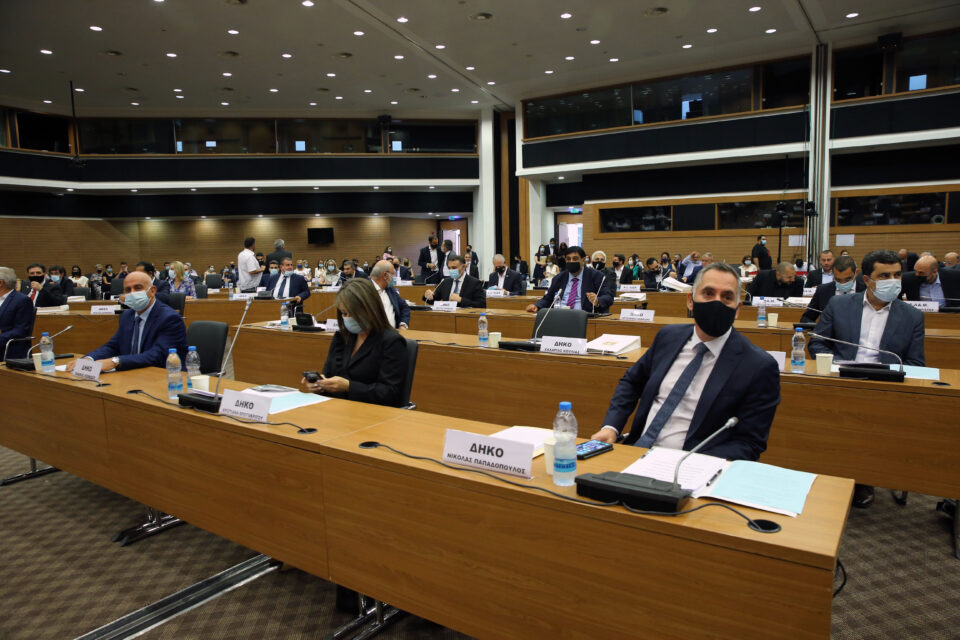Parliament convened on Wednesday to discuss seven laws President Nicos Anastasiades referred back to the House, citing issues with their constitutionality and implementation.
The House legal committee is discussing three laws, the House refugee committee is discussing two, while the House education committee and House environment committee are discussing one each.
After the legislation is discussed at the committee level, plenum will convene in the afternoon to vote on the course of action. MPs can either amend the laws in line with the objections raised by Anastasiades or refuse to do so, in which case the matter can go to the Supreme Court.
At the House legal committee, deputies will be discussing amendments to the family law that was voted through on December 2.
The House education committee is to discuss the amendments on the law on primary and secondary education. According to Anastasiades it appears to bar citizens from the opportunity to register their child in a private nursery if they wish. Additionally, the law creates “immense difficulties” in its implementation to offer free pre-primary education.
Deputies at the House refugee committee will be discussing matters of immovable property as well as Turkish Cypriot property.
Meanwhile the House environment committee will examine the Industrial Emissions law where Anastasiades has asked to amend the legislation to grant authorities the power to allow businesses that were working before the law was implemented, to continue operating without a building and / or planning permit, if all the environmental conditions are being adhered to.
The law would affect 73 premises of which 34 do not have a building or planning permit. This includes the electricity authority and the Paphos waste disposal plant.
According to Anastasiades, it would be impossible to ensure the businesses secured all the permits on time and by January 1, 2024, would have to cease operations.







Click here to change your cookie preferences